Tiki culture has become increasingly popular in recent years, with its vibrant colors, tropical vibes, and unique wooden sculptures. But what exactly is a wood carved tiki totem and what is the significance behind the tiki idol?
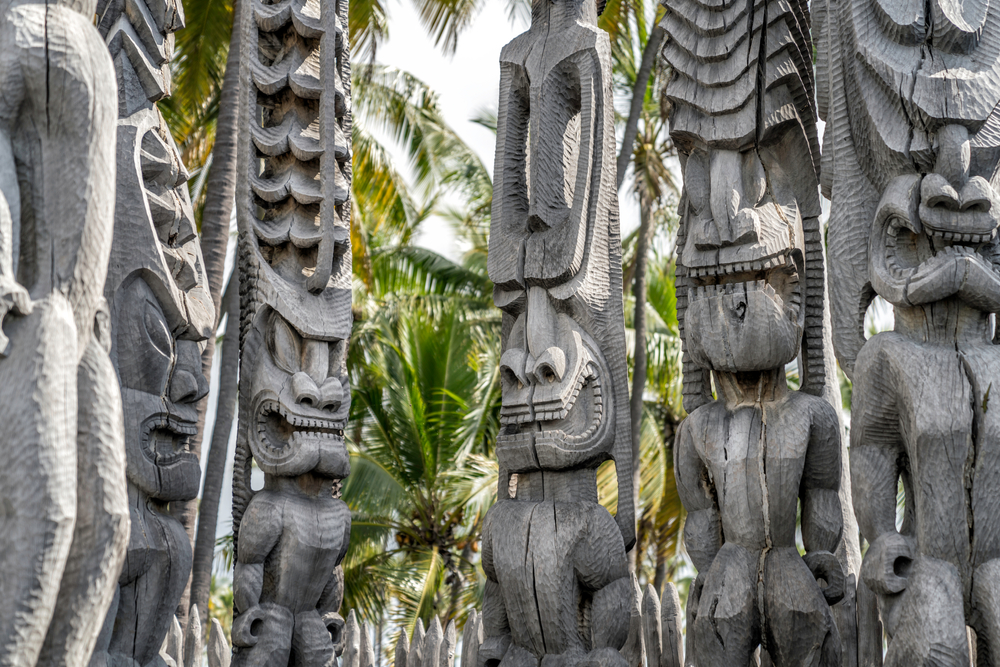
In this article, we will learn about tiki statues and their significance in famous wooden carvings.
The Origins of Tiki
The word "tiki" comes from the Maori language of New Zealand and refers to the first man created by the gods. In Polynesian mythology, people also know tiki as the god of fertility and the creator of the first woman. Tiki culture has its roots in Polynesia, specifically in the islands of Hawaii, Tahiti, and New Zealand. The Maori people created the first tiki sculptures as a way to honor their gods and ancestors.
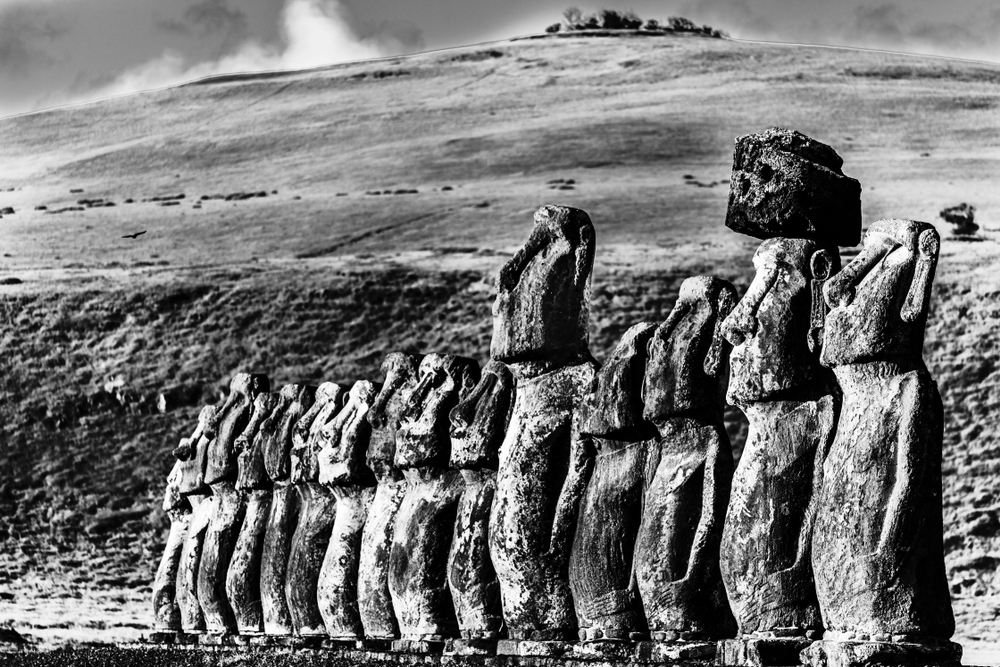
The Significance of Carved Tiki
Carved tiki totems are more than just decorative pieces.
Polynesians think hand-carved tiki totems and masks are vital and possess spiritual powers.
Each tiki statue represents a different god or ancestor and brings safety, wealth, and luck to the owner.
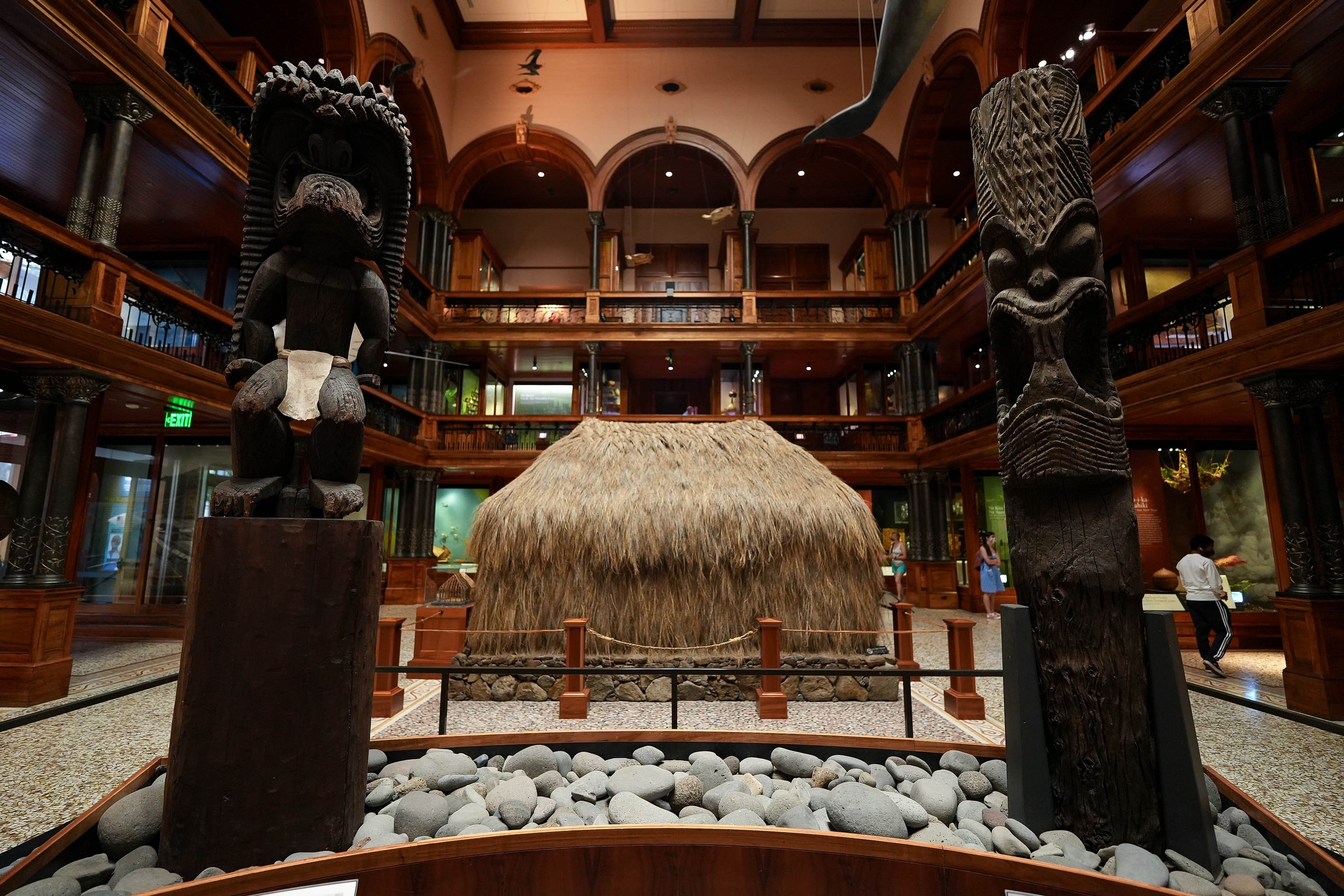
The intricate carvings on these primitive art pieces also hold symbolic meanings, such as strength, courage, and fertility.
The Art of Carving Tiki
Generations have passed down the traditional Polynesian art form of hand carving tiki statues.
Making wooden masks and tiki sculptures begins by selecting the right type of wood, usually from a fallen tree.
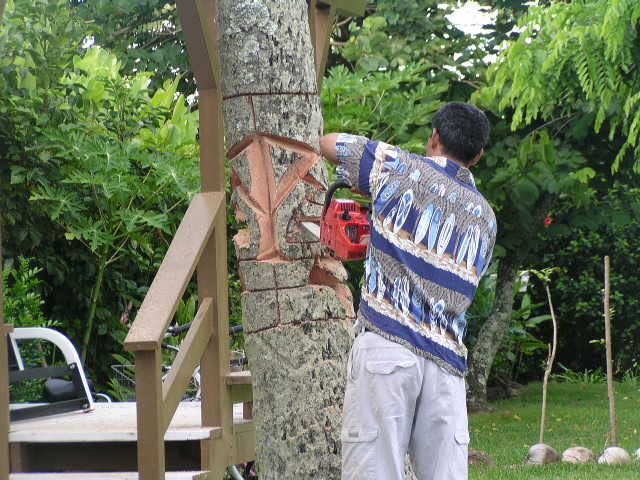
The most commonly used wood for carving tiki is the Koa tree, which is native to Hawaii. The carver then uses traditional tools such as chisels and adzes to shape the wood into a tiki figure. The final step is to add intricate details and designs, which can take hours or even days to complete.
The Different Types of Carved Tiki
Hawaii has many carved tikis, each with its own meaning and purpose. Many tiki options from Hawaii, but mainly found at tikimaster art gallery.
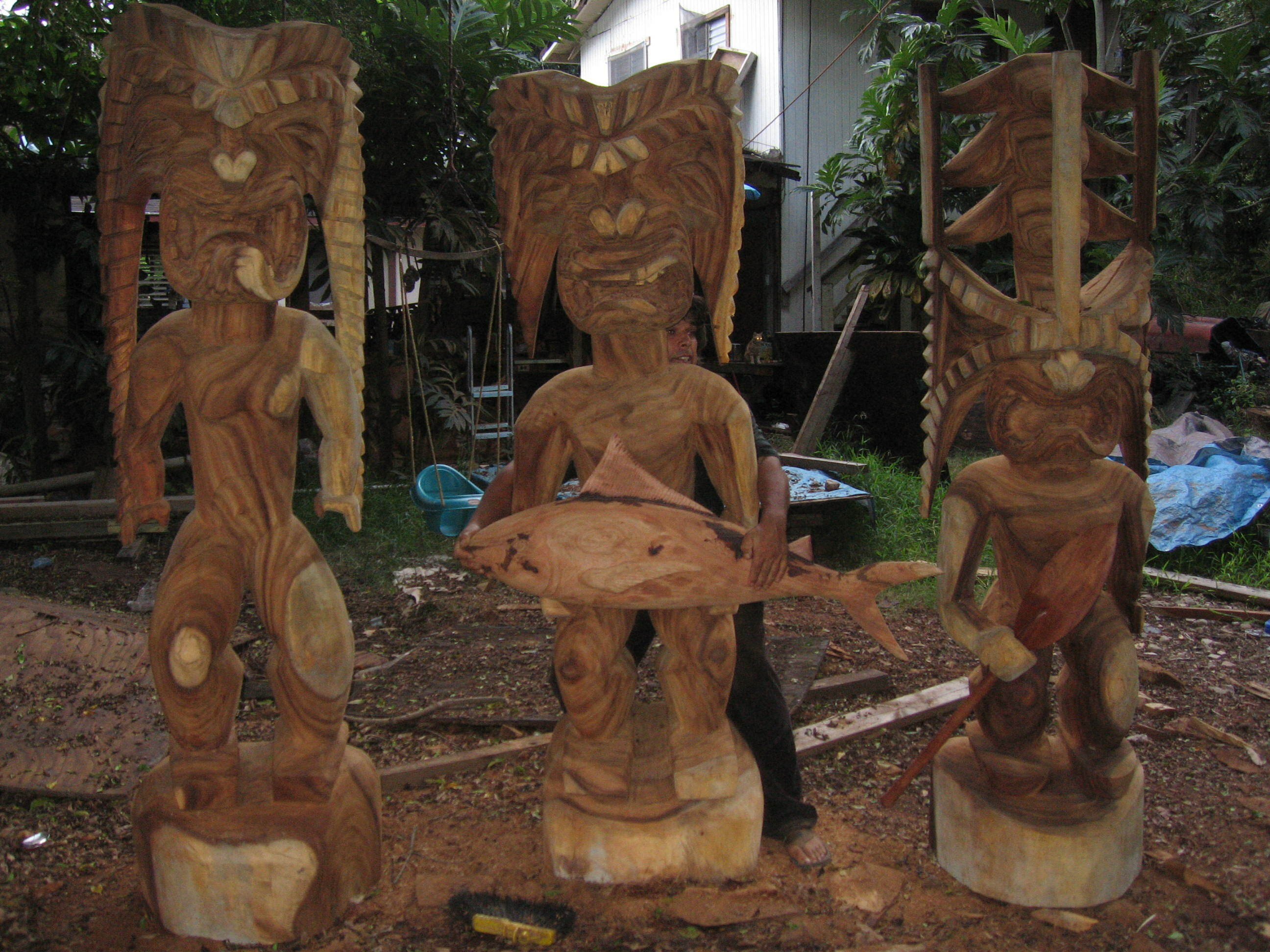
The "Ku" tiki is the most common type, representing the god of war and believed to bring protection and strength. The "Lono" tiki symbolizes fertility and portrays a pronounce belly and a joyful face. The god of creation, "Kane" tiki, often appears with a long beard and a serious expression.
The Modern Day Tiki Culture
While tiki culture has its roots in Polynesia, it has become a global phenomenon in recent years. Tiki bars, restaurants, and events are everywhere, often using carved tiki totems as decoration. Tiki culture's popularity has increased demand for real carved tiki sculptures. Artists make modern versions of traditional designs.

In Conclusion
Hawaiian tiki totems and tikis have a deep cultural meaning and history, aside from being visually striking. Tiki statues represent Polynesian culture and bring protection, prosperity, and good luck to their owners.
Carved tiki from Hawaii is an interesting art form that captivates people worldwide. It appeals to those who like wooden sculptures. Whether they collect or simply appreciate its beauty and meaning.
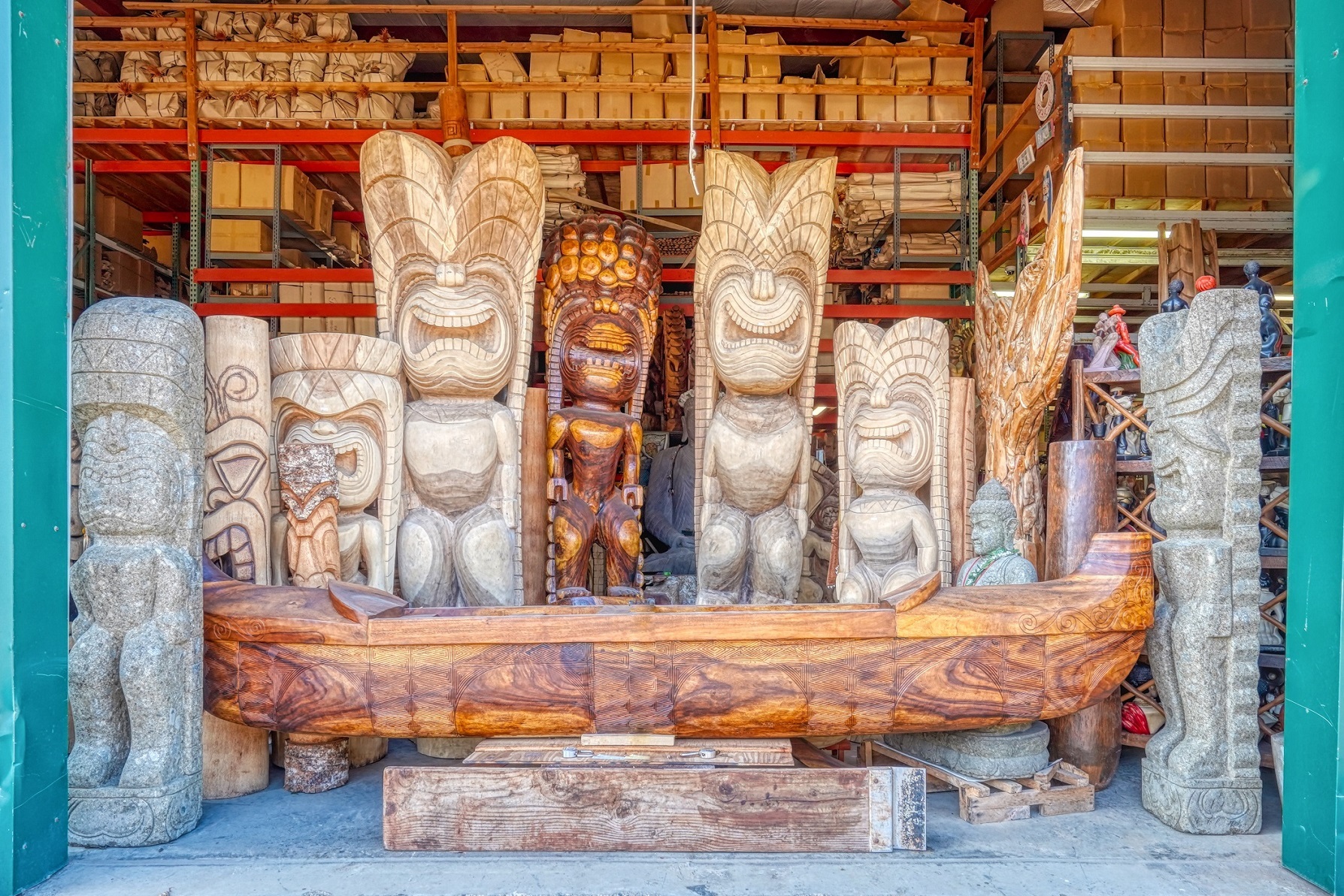
Looking for tiki? Tikimaster.com has many carved tikis for sale and offers free shipping in the U.S. Buy from Oahu or online.




